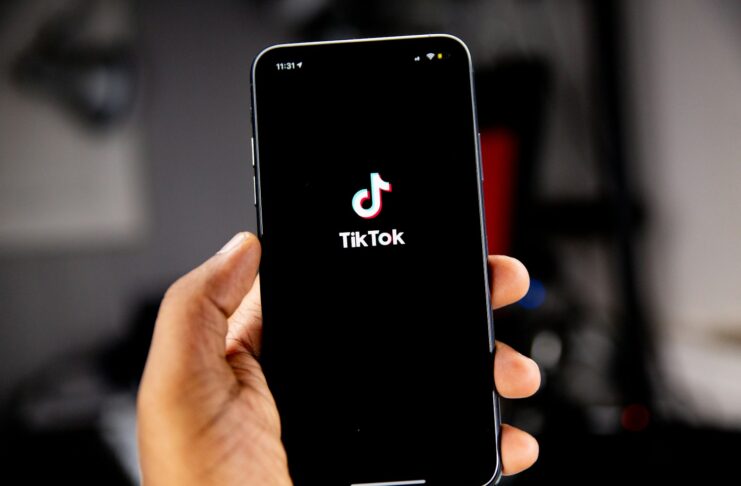The days of watercooler gossip and email chain jokes are being replaced by trending sounds, viral memes and candid workplace confessions on TikTok, as Gen Z turns the platform into a global forum for unfiltered conversations about working life.
New research from office relocation specialists Making Moves reveals how social media is no longer just a distraction during the working day but an influential barometer of corporate culture and employee wellbeing.
Analysing hashtag data and video view counts, the firm identified the most popular work-related trends on TikTok so far in 2025 — and what they tell us about the evolving employee experience.
TikTok: The New Workplace Watercooler
Leading the trend table is #corporatelife, racking up over 268,000 posts and a staggering 208.8 million video views in the past month alone. Content ranges from outfit-of-the-day clips to humorous takes on office routines, often framed through the lens of younger workers navigating post-pandemic office norms.
One such creator, Martha (@marthahwin), struck a chord with a clip showing her casually adjusting her posture at her desk — a mundane moment transformed into a viral hit thanks to its relatability.
Humour, Friendship and Hard Truths
Other popular hashtags include #officehumour and #workbestie, demonstrating the importance Gen Z places on social connection in the workplace. NewGen, a social-first creative agency, amassed over 10 million views with a tongue-in-cheek video featuring a “seafood hat of shame” — a light-hearted punishment for microwaving fish in the office kitchen.
Meanwhile, professional services heavyweight PwC Luxembourg surprised viewers by going viral with a video about office friendships. Their clip, set to Vanessa Carlton’s A Thousand Miles, earned 11 million views by capturing a heartfelt moment between two colleagues separated by office floors.
“It’s clear that the younger workforce is taking to social media to understand more about the working world, which should be encouraged,” said Sally Evans, managing director at Making Moves.
“We shouldn’t forget that those at the start of their careers spent their first years working during lockdown, so office life isn’t something they have a deep experience of,” she said. “Younger workers have the opportunity and online support system to break down barriers in a format they can understand and enjoy, which is fantastic.”
The Rise of Peer-to-Peer Career Coaching
Another standout trend is #jobsearchtips, which despite a modest number of posts, has clocked up over 10 million views. Videos offer advice on everything from navigating difficult interview questions to decoding corporate jargon, with creators like Hanna (@hannagetshired) offering insights drawn from recruitment and coaching backgrounds.
Stephen Greet, CEO of AI CV tools firm BeamJobs, says it all reflects a broader shift in how early-career workers seek guidance: “In my opinion, the reason Gen Z is turning to TikTok for workplace advice is because they feel like it understands them,” he said.
“Career influencers on TikTok speak in their language, reflect their experiences and talk about the exact pain points they’re dealing with right now. When you’re scrolling and you hear someone talk about quiet quitting or imposter syndrome in a way that sounds honest and unfiltered, you rarely feel like you’re getting advice from a stranger. Instead, you feel like you’re being seen by someone who’s been through it.”
What It Means for Employers
For employers and workplace wellbeing professionals, these trends offer more than just viral entertainment, say experts. They provide a real-time window into the values, anxieties and priorities of a younger workforce whose early careers were shaped by remote working and economic uncertainty.
And far from being a workplace distraction, TikTok has become a dynamic platform for candid conversations about the highs and lows of professional life. From hilarious hat punishments to career advice shared from bedroom offices, the digital trends signal what matters most to Gen Z in the workplace: authenticity, connection and wellbeing.
Experts say that if employers want to engage their younger staff, they’ll need to meet them where they are — and that’s online.


